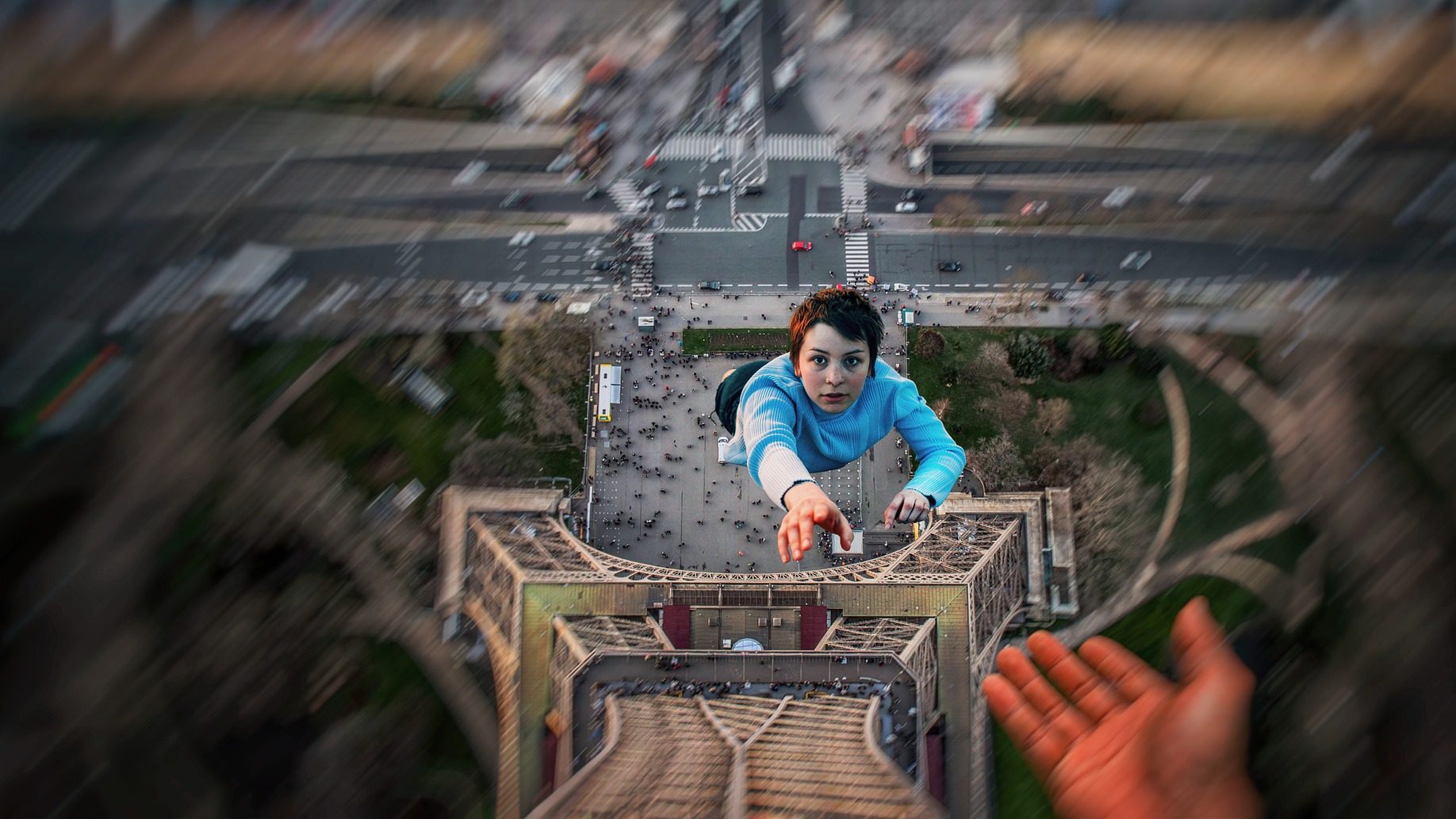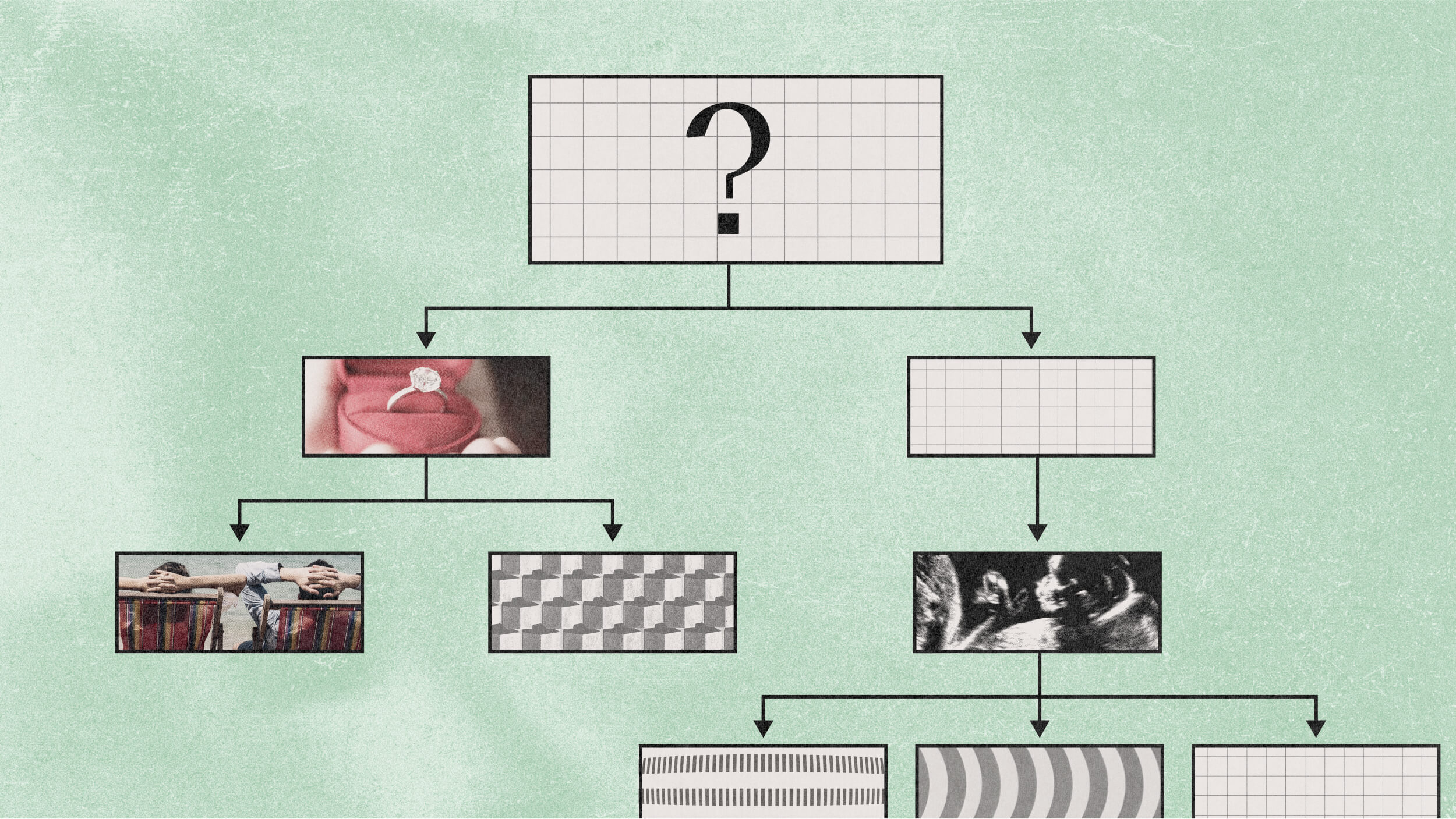Sylvia Earle describes an intimate encounter with a 40-foot-long humpback whale.
Question: Did you feel a sense of rnconnection with the whalesrnyou swam with?
SylviarnEarle: The first time I had a chance to meet a whale and see arn whale andrnwhales see whales, underwater, was in 1977. It rnwas a project that Roger Payne and I dreamed uprntogether. I went to a conferencernin New York, listened to him talk. rnHe heard me talk at the same conference. Wern felt we had common ground. I was really rninterested in what he had to say aboutrnwhales. He was really interestedrnin the thought that you might actually get into the water with whales rnbecause Irngave a talk about exploring the ocean from the inside out, not just fromrn therntop down and so we dreamed up this project to go to Hawaii to work withrnhumpback whales, the singing whales. rnHe and Katy Payne, his wife had really been listening to whales rnfrom thernsurface trying to imagine what it looked like when they do sing. Nobody knew. They hadn’t been rnthere to catch a singing whale inrnaction. And to try to correlaternthe sounds that they make with the behaviors that they have. So we put rntogetherrnthis project, got the National Geographic and California Academy of rnSciences,rnthe New York Zoological Society, Survival Anglia, a film company, otherrnsupporters to weigh in to craft an expedition that would take a big rnpiece ofrn1977, take us to Hawaii. We had arnboat contributed. We had fuelrncontributed. We had Al Giddingsrngot engaged as a filmmaker. We hadrnPeter Tyack, a graduate student of Peter’s and of Roger Payne’s. So rnanyway,rnthis big expedition started from a little conversation into a big deal rnand thernday came. It was the 13th ofrnFebruary, 1977 with Al Giddings, Chuck Nicklin and one other guy who wasrnhandling the boat, a little rubber boat, moving along, looking at a rngroup ofrnwhales, five of them kind of cruising along and we just tried to rnparallel themrnat a respectful distance and then all at once the whales decided they rnwererngoing to come and check us out, so they did a sharp turn and headed for rnourrnboat, so we stopped the boat and looked over the side and there were rnthesernwhales upside down looking at us like giant swallows. Peoplern see pictures of whales in the old books. They rnlook like busses, loaves ofrnbread. They’re kind of static andrnlike blocky creatures, but underwater they’re like ballerinas. They’re upside down, right side up,rnturning and flying underwater. rnThey’re not stiff and blocky. rnThey’re slim and beautiful and they dance.
rnrnrnrnrnrnWe had convinced all these supporters that what we rnreallyrnwanted to do is to get in the water with them, see the whales on their rnownrnterms, to listen to their sounds and correlate sound and behavior and rnthen camernthat moment when little tiny boat, little people and big whales looking rnoverrnthe side. There was no book ofrnetiquette that said "This is what you’re supposed to do when you meet a rnwhalernunderwater," so it’s that little hesitation, maybe 30 seconds and then rnover thernside and here are these creatures. rnI mean I weigh 115 pounds and here are these creatures that rnweighed 40rntons and you know I’m 5’3’’. rnThey’re 40 feet long and what are you supposed to do? It was up to them. They came rnstraight for us and Irncouldn’t get out of the way fast enough, so I just stayed there and letrnwhatever would happen, happen and then this big female came right out ofrn thernblue, right for me and I thought it’s up to her what is going to happen. What she did was just sweep by closernenough so I could feel the wash as she went by and this grapefruit sizedrn eyedrnjust tilted and turned and she was checking me out and then I saw her rnturn andrngo toward Al Giddings, big fins, flippers 15 feet long with an edge ofrnbarnacles along the front of it like you know sharp barnacles. If she had chosen to take a swipe at Alrnhe might not have survived it, but and knowing that this was possible, rntherernweren’t any books to say otherwise, Chuck Nicklin and I starting hootingrn underwaterrnyou know trying to warn Al that this whale was coming straight for him rnbecausernhe was busy doing what filmmakers do. rnHe was focused on that other whale over there. Hern didn’t even see her coming. What happened just rnchanged everything. As she approached she did rnsomethingrnremarkable. Instead ofrndecapitating him as she might have with her big fin. Shern just lifted it up over. She knew exactly where rnher body was. She had meant us no harm. She was just curious and did this sleekrnthing like that and then I stopped worrying and I started really rnengaging them,rnengaging myself in this get acquainted session that went on for two and arn halfrnhours. They just kept circlingrnaround and coming back, five whales.
It turns out we now know the one female who first rncamerntoward me at the time it was difficult to tell for sure who was a male, rnwho wasrna female, but this was a big rotund female we determined, about to givernbirth. That is what those whalesrndo when they come to Hawaii they come to give birth. It’srn a nursery area. rnThey stay there for awhile until they leave to make the journey rnback uprnto in this case the arctic waters for feeding and the others are likely rnto havernbeen males. The years of studyrnthat have followed suggest that what we were seeing is a chase, males rnafter arnfemale trying to engage her and we were just a part… we were incidental rntornthis, but we were wide-eyed incidental and they were curious. They diverted enough to from theirrnother business to make us part of their business and that’s it. That’s the thing. You go into rnthe ocean and if you justrnlet things happen, you think you can script a scene about what you want rntorndo. I want to go film sharks. Wellrn good luck. They’ll do what they want to do. You are there as a witness, as a guestrnin a way and I’m never disappointed, but I never try to make things rnhappenrnaccording to some plan. Give itrnup. The plan is to go and bernsurprised.
Recorded April 14th, 2010
Interviewed by Austin Allen





